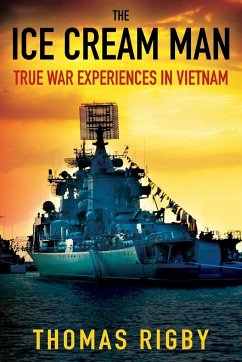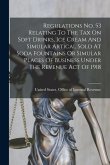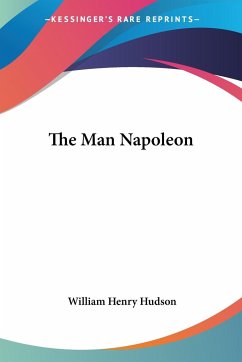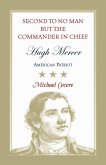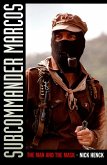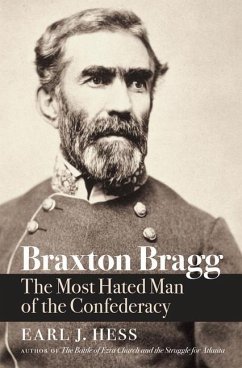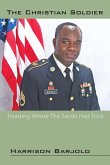From the Author: The ICM chronicle my experiences as a young American draftee, barely out of high school, who enlists in the US Navy. Due to his technical aptitude, he opts to be trained as a highly skilled naval weapons expert. The term "weapons of mass destruction" aptly reflects the purpose of the next two years of intensive technical training, and later deployment as part of a worldwide offensives, during the troubled '60's; a time when the USA went to war against Russia, Cuba, and Vietnam. Leading the charge in both the Atlantic and later the Pacific military campaigns was the USS Canberra, a historically prominent US Navy warship that became decorated for its actions during the 2nd world war when she defended Australia against invaded by the Japanese. Our story intensifies when our young sailor, now a newly minted non-commissioned officer, is selected for service aboard the Canberra, as a member of the elite weapons strike group responsible for the deployment of all shipboard missiles and heavy ballistic ordinance. ICM renders a gripping, nearly five year account of the life of myself as a young American sailor, the friends I made and lost, the far off countries visits, often against typhoon class weather during long ocean crossings. These wartime experiences carry me and the 1200 man crew of the battleship sized, guided missile cruiser through the perils of the seven oceans. The 60's was a bad time to be an American combat soldier. Military men were the victims of protests, we were dishonored by our own country when we returned home, from serving in the defense of our her. I was unaware of this, off fighting the world wars, when the term "hippie" was coined. Like other American fighting men, I knew nothing about them, except what little I and my shipmates heard on the all too infrequent news. The confrontations with long haired, bad smelling, pot smoking American men, who burned their draft cards as well as the American flag, and were difficult to come to terms with. By then, I was hardened, having completed nearly five years of active duty, including an involuntary extension of active duty, supposedly to send me back to kill more Vietcong, for after completing two tours of combat duty in Vietnam. This numbing event, along with the horrific disrespect brought me be to retaliate when abused. The concept of young American men fleeing the country to avoid military service, like my own brother did. That was shameful. We never reconciled it. This story brings the reader up close and personal to the transformation of life for me as a young man, to that of a trained fighting man and world traveler. But, no training could prepare me for the rejection and cruelty I would experience upon my homecoming from the Vietnam war. This hugely unpopular war had driven American citizens to take out their hatred of US Governmental policy, against the military. The result was the disrespect I and others in the military had forced on us. There was no training for this abuse, and no preparation was offered by management. By contrast, the wonderful encounters we shared with locals while on and brief off brought laughter and joy while I was overseas during that period, nearly fifty ago It also yielded cultural exposures I still treasure. I think it would not be as rich today. Then, the American military man was honored, even revered, especially by the international citizens whose countries we were there to protect. Times have changed.

